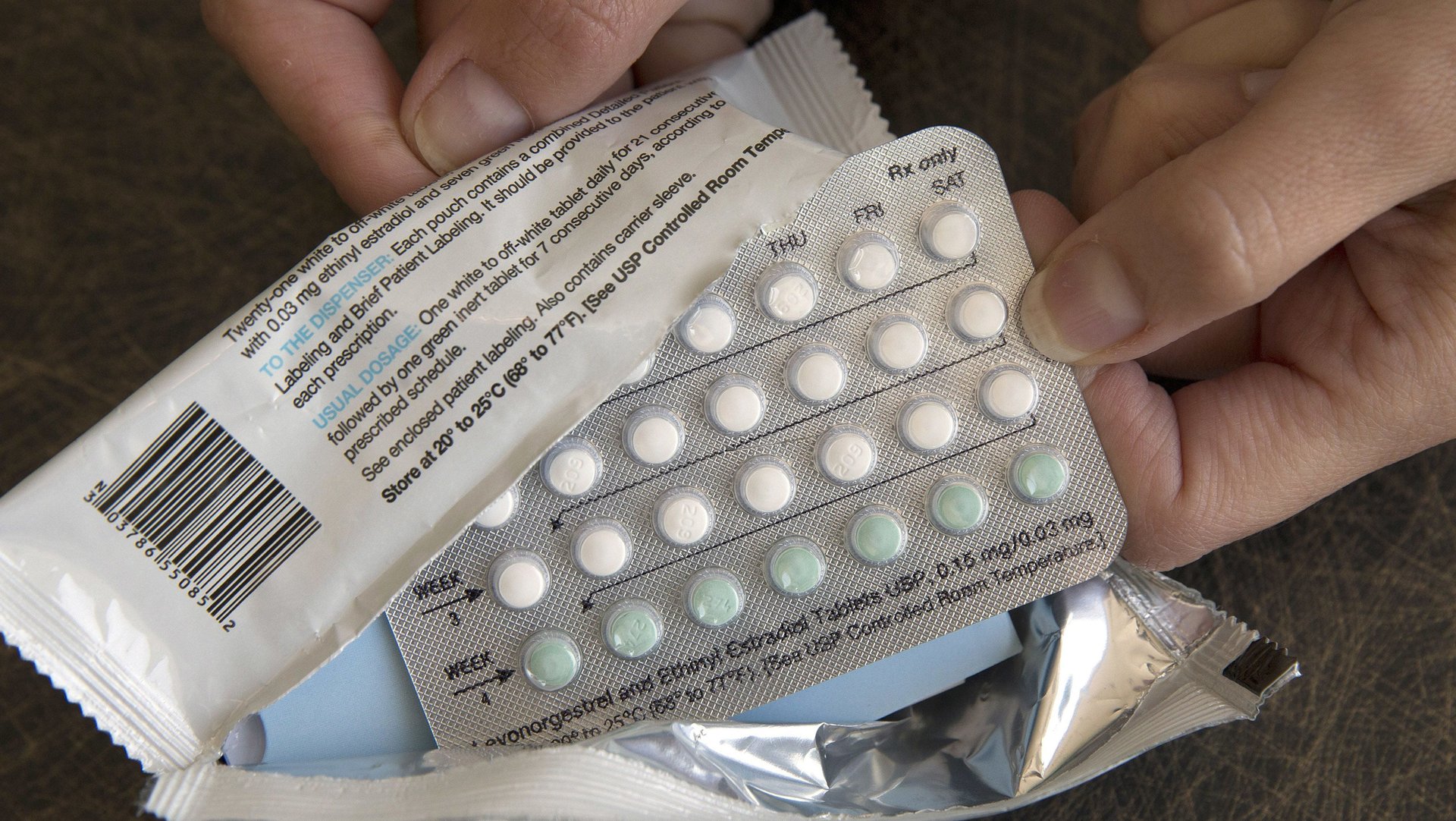A male birth control pill would bring gender equality to safe sex
Scientists are getting closer to creating a hormone-based birth control mechanism for men, that would likely function and look much the same way as the pill that many women currently take.


Scientists are getting closer to creating a hormone-based birth control mechanism for men, that would likely function and look much the same way as the pill that many women currently take.
The pill, developed by researchers with the Los Angeles Biomedical Research Institute and the University of Washington, is a mixture of testosterone and progestin, and is designed to be taken once per day. A recent, successful human trial on the pill was described this week to an audience at the Endocrine Society’s annual meeting in New Orleans, Louisiana. Christina Wang, the lead researcher on the project, said that the team gave the pill to 30 healthy men between 18 and 50 years old for 28 consecutive days, while 10 other men were given a placebo. The goal was to test for safety and hormonal responses, more than the drug’s actual ability to prevent pregnancy. The results showed only minor symptoms were felt: fatigue, acne, and headaches.
That’s a departure from a controversial effort to bring a product into fruition back in 2016, when testing of a male contraceptive injection were stopped after men experienced more serious side effects that included muscle pains, depression, and irregular heartbeats.
Wang said that a new drug for men would likely not hit the market for another decade. But if further tests are successful, and the pill were to be approved by regulators, it would give male birth control a long overdue update, and mark an important milestone in gender equality. Right now, the only product that exists for men are condoms, while the medical community has created all sorts of products for women. They can choose to wear a birth control patch, take a pill, wear a vaginal ring, or get an injection, among other options.
As experts noted in the American Medical Association Journal of Ethics in 2012, the fact that birth control is mostly geared at women is problematic for two big reasons. The first is that it forces women to take on the financial and health-related burdens of each birth control method. Secondly, the reproductive autonomy of men winds up being diminished because they cede that responsibility to women.
While it’s still several years out—the US Food and Drug Administration has yet to begin considering its efficacy—a pill for men would introduce more equity into a couple’s decision-making process as to how they want to handle contraceptives for sex.